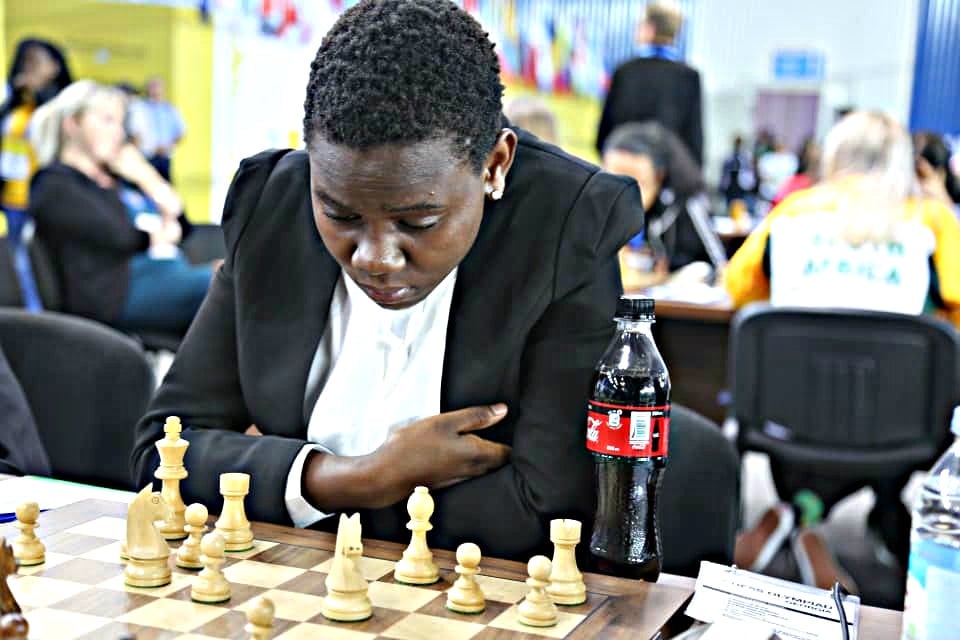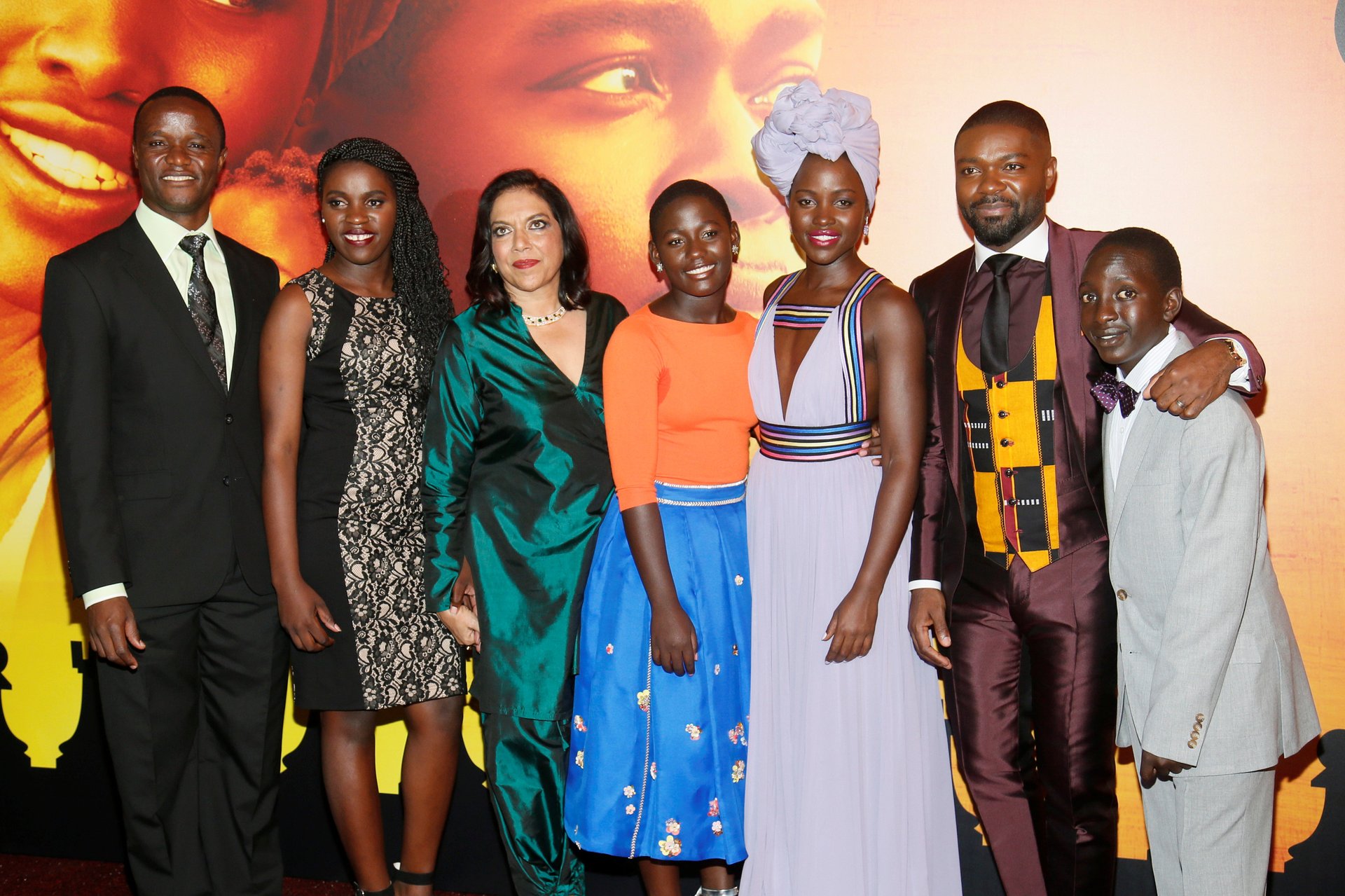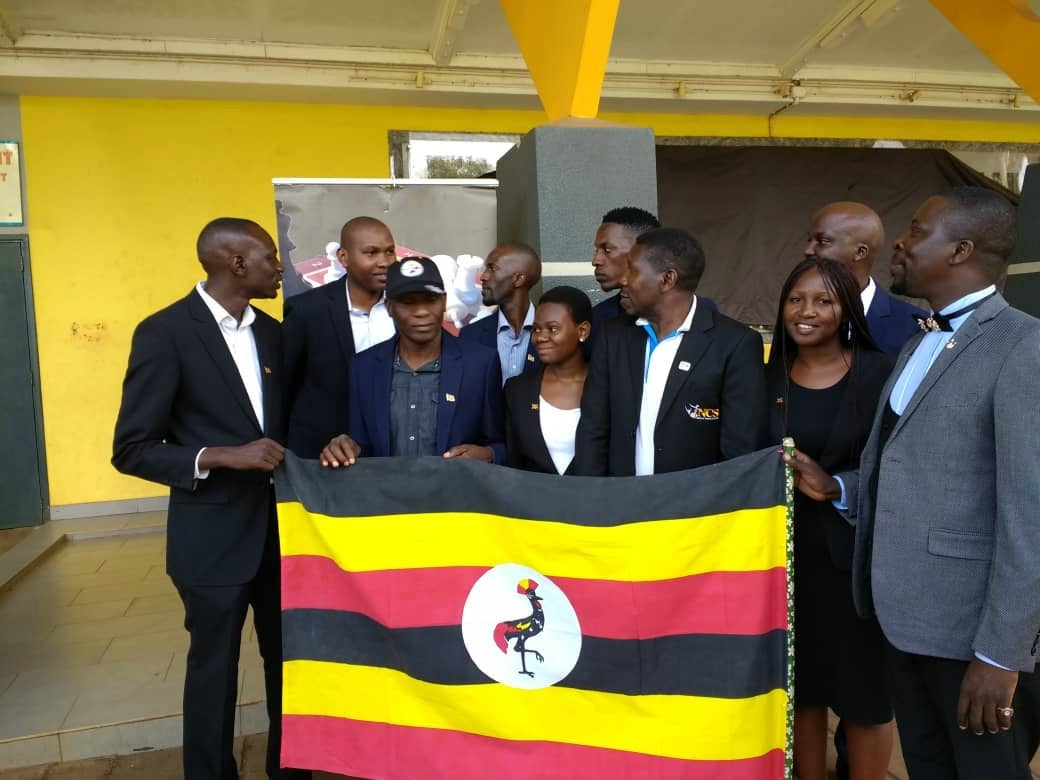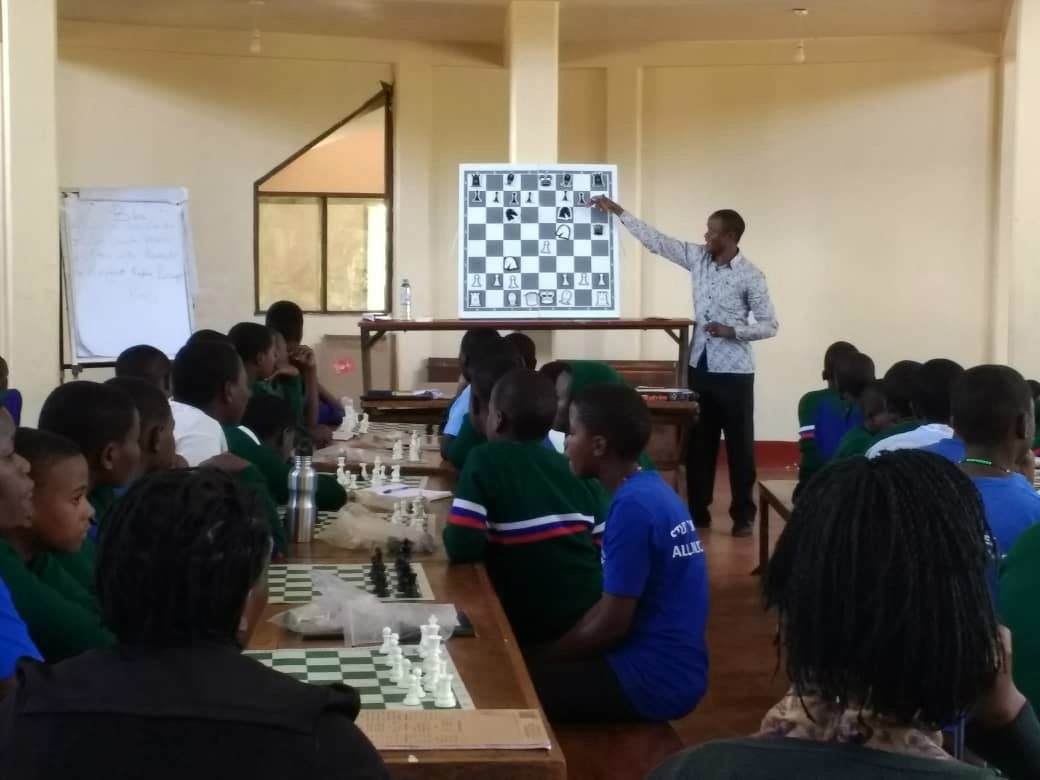A chess school in Kampala wanted to keep kids off the streets, now it has two world stars
Gloria Nansubuga wasn’t even meant to go to the Chess Olympiad. Her coach has been keeping her out of competition, so that she could focus on preparing for her university entry exams. But when a national team player dropped out, she tried for it, at the last minute. The 17-year old, not only made the team, but also went on to win two titles at the Olympiad in Georgia, this October. It was the most impressive performance by any Ugandan player at the Olympiad, ever.


Gloria Nansubuga wasn’t even meant to go to the Chess Olympiad. Her coach has been keeping her out of competition, so that she could focus on preparing for her university entry exams. But when a national team player dropped out, she tried for it, at the last minute. The 17-year old, not only made the team, but also went on to win two titles at the Olympiad in Georgia, this October. It was the most impressive performance by any Ugandan player at the Olympiad, ever.
“In my last game, I needed a draw. We were playing South Africa. My opponent was an International Master. I was in fear. I didn’t believe I could get a draw against an International Master,” Nansubuga who had no title, prior to the tournament, recalls. Together with Phiona Mutesi, Uganda’s best known chess player, Nansubuga spent the night reviewing all the games her opponent had ever played. By morning, she had figured out what her own responses to the moves would be.
Nansubuga, who had earlier in the same tournament become a Woman Candidate Master, now became a Woman FIDE Master. Chess has four title ranks: Candidate Master, FIDE Master, International Master, and Grand Master, in that order. Titles given in the women’s competition are prefixed with a gender marker: Woman. Nansubuga’s title is one above Mutesi’s, although the latter is better known, thanks to the 2016 Disney movie Queen of Katwe. Robert Katende who is played by David Oyelowo in the movie coaches both players.

Queen of Katwe tells Mutesi’s journey from destitution in Katwe, one of Kampala’s biggest slums, to titled chess player (Candidate Master). Nansubuga’s journey is identical. In fact in the movie, she is the little girl who shows Mutesi her very first winning chess moves. Nansubuga started going to Katende’s chess shelter, at the age of four.
Perhaps most inspiring about these young players’ story, is that in the long run they won’t be outliers. “I expect to get a grand master,” Katende says. An engineer by training, he has instead spent all his working life using sports for social work in Kampala’s slums. “I started with soccer but in slums, the space is very limited. We didn’t even engage any girls with soccer. When I started chess, all the kids who could not play soccer showed up.”

What he learnt, when he started teaching children the game, is that “chess is a metaphor for life,” especially for people living in poverty. Whether you are talking about chess or life in the slum, “it is one complex puzzle. You plan for this, it changes suddenly,” Katende says. Used to quick problem solving in their own lives, slum children, it turns out, are excellent at playing chess.

So, to Katende, producing two titled players is the smaller of his achievements. “I don’t hype the wins so much. The way I use chess is: transforming lives through this platform,” Scores have been transformed. With chess training and practice at his Sports Outreach Ministry, Katende keeps the children busy and out of the alleys, but he spends most of his time looking for academic aid.
Twelve years ago, he entered a partnership with a local school, St Mbuga Vocational Institute. It offers his students a 25% discount on tuition, because they help it dominate national chess competitions. He sources the 75% from local and international charities, via his robertkatende.org. This way, he has put more than 50 Katwe children, including Nansubuga, Mutesi and Benjamin Mukunja (Nansubuga’s brother) through school. The latter two are doing their undergraduate studies in the US at Northwestern University with tuition scholarships.
Since it’s very difficult to make a living as a professional chess player, Katende is far happier with academic outcomes. Still, even he admits that Chess Olympiad titles are great. “It is a great motivation for the players and it continues to show them that irrespective of where we come from, we can also make it.”
Sign up to the Quartz Africa Weekly Brief here for news and analysis on African business, tech and innovation in your inbox